Last week, Malta’s President George Vella and Foreign Minister Evarist Bartolo sent congratulations to China as it celebrated its National Day. While bestowing greetings and best wishes on the authoritarian regime, they spoke of “enhanced diplomatic dialogue”, “commercial and cultural exchanges”, and “excellent relations”. How very lovely.
Why get distracted by the fact that China ranks 177 on the Reporters Without Borders World Press Freedom Index? Or the fact that it is a truly authoritarian country, famous for its abysmal human rights record, information restriction, repression of dissenters, journalists and activists, and ongoing mass imprisonment and persecution of millions of Uyghurs.
The Maltese government’s message focused on the “Belt and Road Initiative”, initiated by the Chinese regime.
Vella and Bartolo praised the Belt and Road Initiative, which they said is aimed at “improving access to electricity, proper sanitation, sustainable food supplies, accessible and affordable public transport, as well as providing millions of jobs through infrastructure development”.
It all sounds fantastic when published on one of the Chinese government’s leading propaganda portals. After all, everyone loves a bit of sustainability, infrastructure and poverty alleviation. The problem is that the Belt and Road Initiative is nothing more than a method to exert pressure and control throughout the world, particularly on smaller and poorer nations.
Officially, the project is a global infrastructure initiative to provide direct investment from China into more than 130 countries. Considered the focal point of Chinese foreign policy, it aims to give China a more significant leadership role in global affairs.
When it was launched in 2013, communist Leader Xi Jinping promised that China would absolutely not meddle in countries’ internal affairs. Over the following years, thousands of infrastructure projects have been launched in countries including Albania, Bangladesh, Nigeria, Iran and Malta.
Trillions of dollars have been funnelled from China into middle and lower-income countries in the forms of loans. These loans are then used to build bridges, roads, ports and various other projects. Actual data on the number of loans, where they go, and their terms remain opaque.
In Montenegro, a loan of some €1 billion was used to build a road that hasn’t been finished. When it came to paying back the first instalment, Montenegro was forced to go to the EU, cap in hand, to beg for assistance. This was because the loan terms meant that if they defaulted, they would have to hand over a chunk of their territory.
Thankfully, a group of international lenders were able to help one of Europe’s poorest nations prevent part of their country from becoming owned by the Chinese government.
But it’s not just through debt-trap diplomacy that China is exerting its influence. The Chinese have also acquired stakes in major ports, airports, telecoms companies, and even media portals.
They’ve been repeatedly accused of influencing foreign policy in countries where they are present. In Greece, where they control the Piraeus container terminal, they allegedly pressured the government to block an EU statement critical of their human rights record. In fact, many of the countries occupied by Chinese power and money have adopted softer stances against China when on the international stage.
Accusations also abound when it comes to corruption. Described as a “corruption bonanza”, countries at the highest risk of bribery and at the lower end of corruption perception indexes enjoy billions of dollars from the scheme.
In North Macedonia, a former prime minister and his officials were accused of taking millions in bribes from a China-finances road highway.
In Malaysia, Chinese officials agreed to bail out 1MDB by inflating the cost of infrastructures – one of the world’s largest-ever financial scandals involving a man who would then seek to acquire EU citizenship via Henley and Partners, as The Shift revealed as part of a collaborative investigation on the Passport Papers.
The initiative was also allegedly used to fund Sri Lanka’s Mahinda Rajapaksa’s failed reelection bid.
So what about Malta?
Malta was one of the first European countries to sign up for the initiative. Salivating at the bit, the government put their name on the dotted line before announcing anything to do with the initiative or what it would mean for Malta.
The initiative was promoted several times by Shiv Shankaran Nair who has been blacklisted by the World Bank twice. Meanwhile, China snapped up 30% of State-owned Enemalta, which then went on to be involved in the Electrogas Deal which saw millions of taxpayers money being sunk into an LNG project associated with the murder of a journalist exposing corruption.
The Chinese then ploughed millions into a study to assess the feasibility of a bridge between Malta and Gozo. The deal was signed with ‘no commitment’ to continue with the project or engage a Chinese company to carry out the work. The bridge never materialised, similar to Joseph Muscat’s EU career.
They also funded a monorail study that the Maltese government kept secret. Understandably, really, because it was a terrible idea. The monorail system would cost €1.6 billion to design and build, so Malta decided to seek funds from Europe to cover it. Again, this didn’t materialise.
The Maltese government also exported corruption, Chinese in tow, to beleaguered Montenegro in the form of the Mozura wind farm project.
Disgraced former prime minister Joseph Muscat travelled to Montenegro in 2019 to open the wind farm with his now-ousted counterpart Dusko Markovic. The deal, struck with the help of then-energy minister Konrad Mizzi, involved Chinese and State-owned Enemalta taking over a PPP to install turbines on a hill near Mozura and running it for 20 years.
The concession was then transferred to a Chinese-dominated consortium with Enemalta as a minor shareholder. The plot thickens, but the long and short of it is that both Malta and China are implicated in massive corruption in Montenegro, to the tune of millions of euros.
And let’s not forget Malta’s now-shelved plans to roll out facial recognition cameras and 5G, courtesy of Huawei, at a time the rest of the West was closing its doors and arresting Huawei employees for espionage.
When you look at the initiative in the context of all this money, dirt and scandal, it’s not hard to understand that Bartolo and Vella were so quick to sing the country’s praises.
By the way, has anyone heard from Sai Mizzi recently?

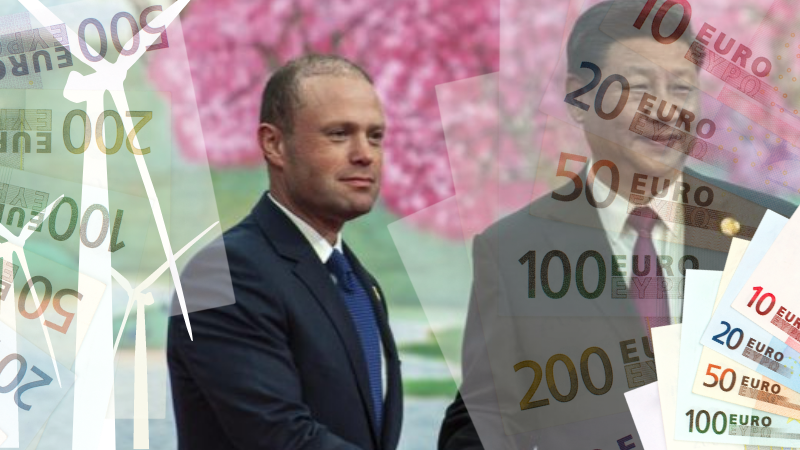

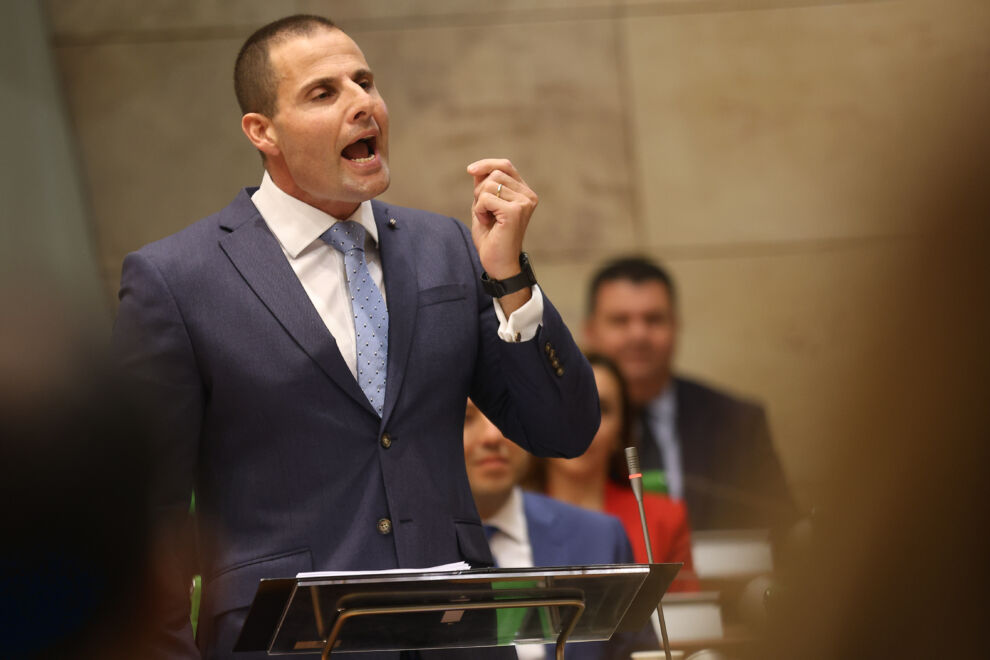
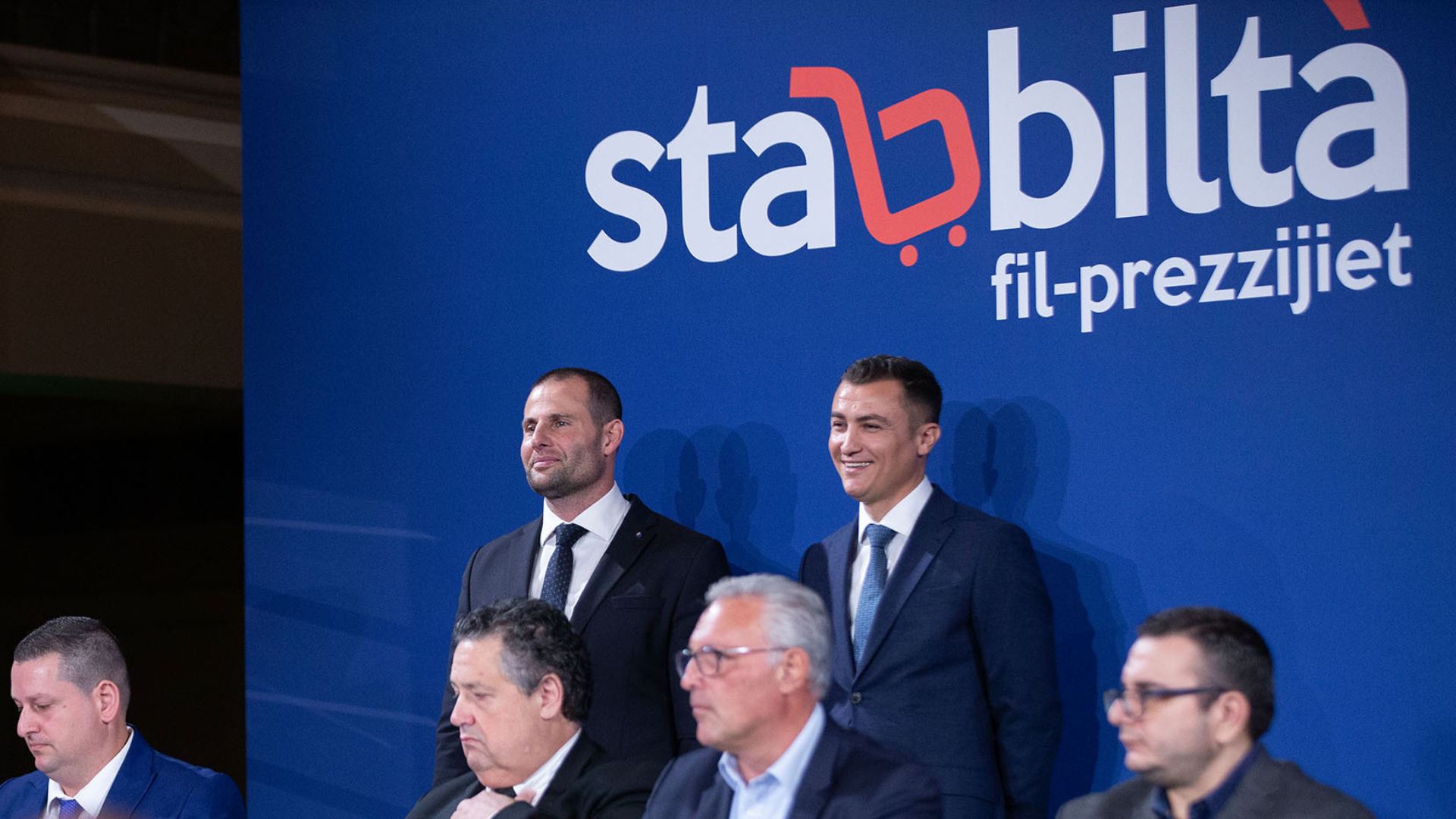
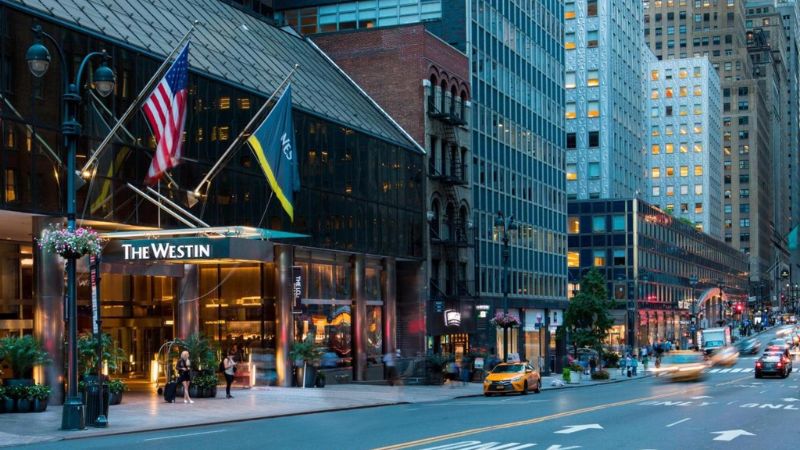
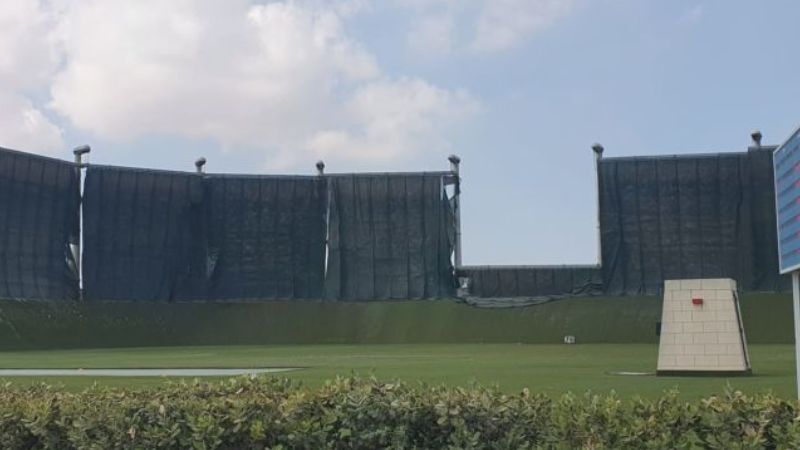






The infamous Shiv Nair keeps changing his name. He is now referring to himself as Shiv Shanker Nair. He brands himself as the Vanuatu’s Permanent Representative to UNWTO.
Shiv Shanker Nair was given a contact by Malta Enterprise. What a waste of taxpayers’ monies at your expense.
You can ask president George Vella about Sai Mizzi-Liang. But if you think wrong about her, you must have a pea brain according to him.
Pimps.
Where are the arrests Commissioner Gafa?
You have had 20 months now to deliver on your promise to the public when you were appointed that nobody was above the law if suspected of corruption.
As usual nothing has been delivered, because those implicated clearly are considered to be above the law.
You said well Chinese Belt and Road initiative seems benign but it is actually a way of gaining influence globally to soften certain countries stance on human rights. They are clearly violating international law in the south china sea and it seems that they are intent on conquering by force in the immediate vicinity of their shores. It might use its international aquisitions to its avail in times of war. She is a direct competitor of EU and thus us on the global scale. Russia is doing the same with regard to the EU she has control over the gas prices and gas pipelines running East to west thus softening the European countries stance on Russia’s behaviour both internally and internationally. One should keep China at arms length allowing dialogue and cooperation without compromising our sovereignty.
CORRUPTION EVERYWHERE AND THE
WORLD SINKS DEEPER AND DEEPER
INTO THE MORASS.